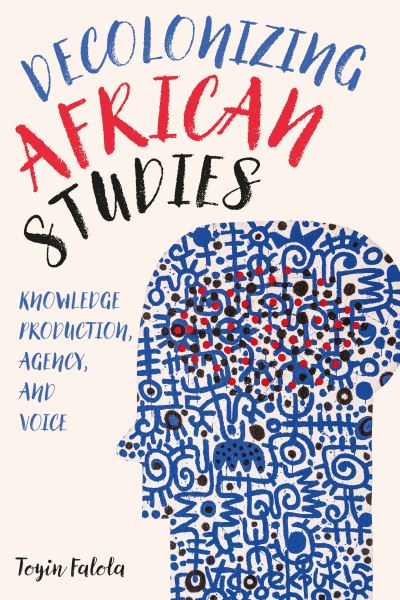
Examines transformational moments and liberation movements in the decolonization of inherited Western academic traditions in Africa. This book explores how decolonization and decoloniality provide liberationist knowledge to question and replace the hegemony of Western knowledge systems imposed on Africa. It critically examines the silencing and exclusion of subalterns in global knowledge production and the far-reaching implications of this for pedagogy and policy. As global power is concentrated in the global north where Eurocentrism and white supremacy validate the monopoly of knowledge and its centrality and universality, African perspectives continue to be marginalized or excluded in research, creating the problem of misrepresentation of the continent. It is to this challenge that this book has responded&emdash;the urgent need to eliminate the vestiges of colonialism in the academy and research methodologies. Coloniality is seen not only as a historical phenomenon but also as an ethnocentric continuum, dominating all aspects of present life, especially monopolizing human epistemology, the threshold of human existence, and even development activities. This book provides a balanced overview of what a feasible decoloniality should be. It is all-inclusive, aggregating differing perspectives, including decolonial feminist and LGBTQ thought. It deploys a holistic approach that critiques the limitations to decoloniality, the impediments that culminated in the failure of the late 20th century struggle for decoloniality, and the problems associated with current African resistance to academic decoloniality. The book closes with a discussion of African futurism. Seen as the advanced stage of decoloniality, African futurism involves the application of "traditional" (indigenous) instruments of articulation and cohesion such as Afro-spirituality, myths, folklore, and indigenous techno-scientific innovations, deployed in their capacity to drive, harness, and actualize future possibilities.
| ISBN: | 9781648250460 |
| Publication date: | 18th July 2023 |
| Author: | Toyin Falola |
| Publisher: | University of Rochester Press an imprint of Boydell & Brewer Ltd |
| Format: | Paperback |
| Pagination: | 690 pages |
| Series: | Rochester Studies in African History and the Diaspora |
| Genres: |
Ethnic studies African history |